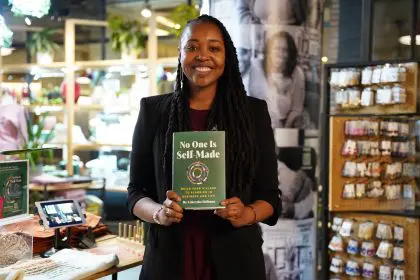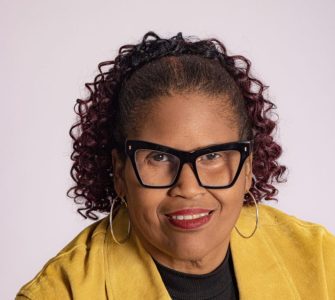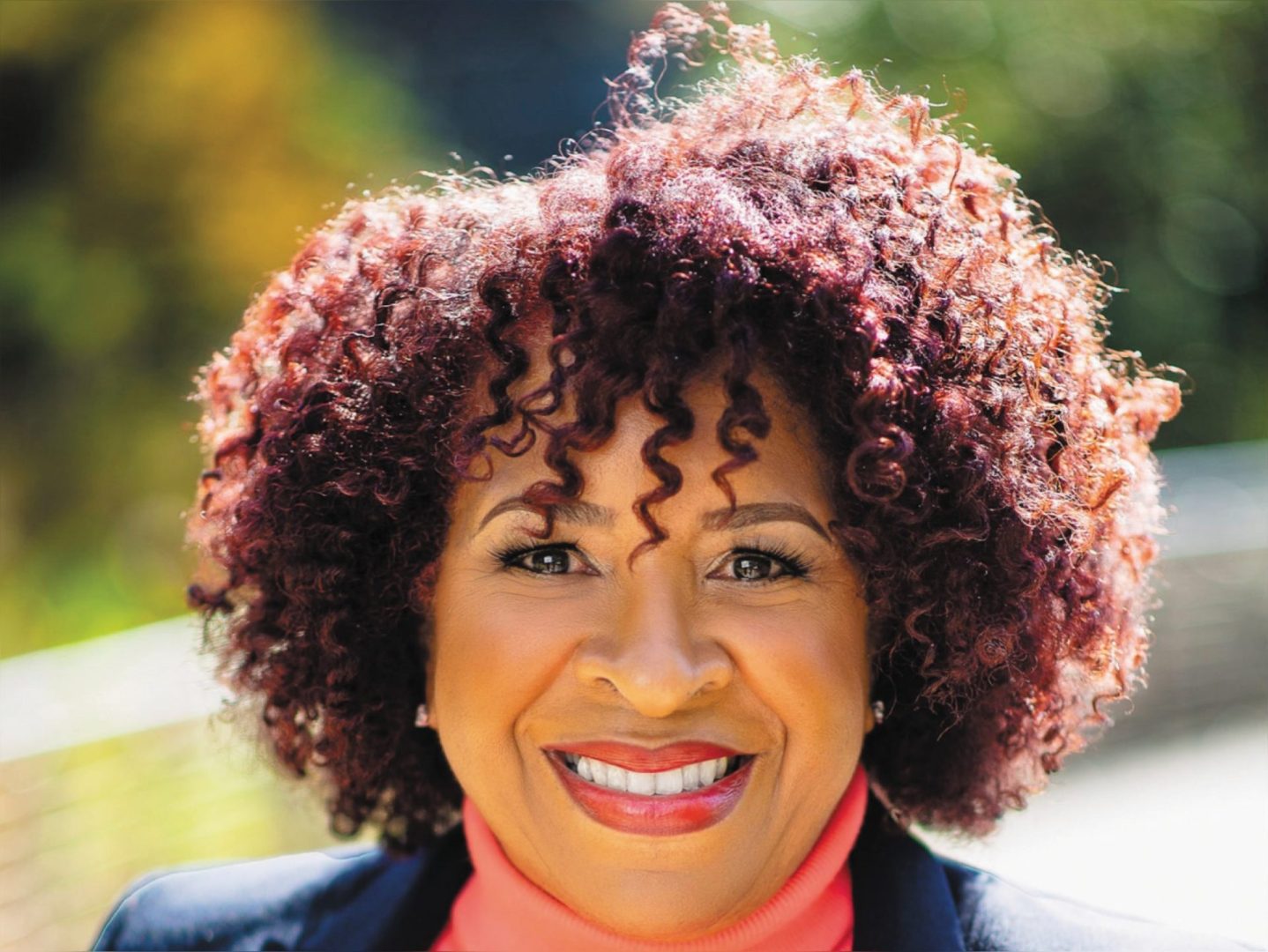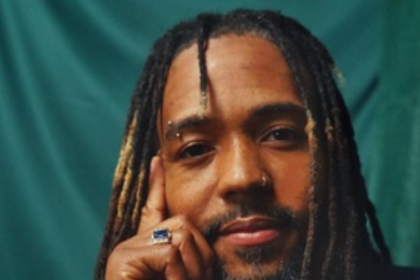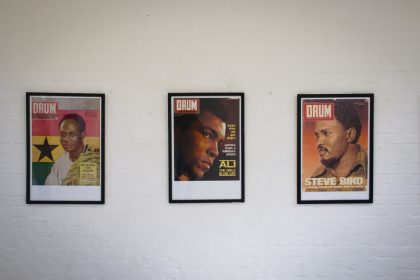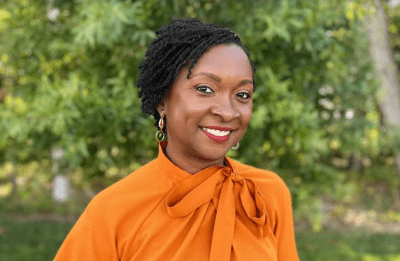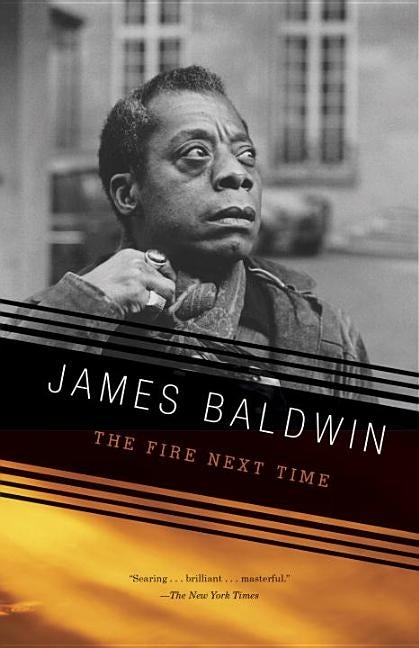
The honorable and revolutionary James Baldwin approaches his book, The Fire Next Time, with an inferno-like, and an almost always irritated spirit — something you must have if you are conscious of the plight of race in America.
Baldwin opens up with a short letter to his nephew who is approaching a crucial age in his life — 15. Uncle James, or sometimes known as Jimmy, offers his nephew some hope as he matures along his journey, but he also informs on the truth about his race, his Blackness, and how people will see and treat him along the way.
In The Fire Next Time, we learn that Jimmy was raised by a pastor, which inspires him to become one himself. Baldwin draws closer to the bible and the church, and with a keen observation, he is able to see some troubles in the church and the bible. His observations impact him in a major way due to his other battles with race and sexuality. He recalls himself walking through the streets of Harlem, remembering the looks and glares, as well as the voices and conversations that reverberated off the concrete in those forgettable moments.
The book takes us to the dinner table, where Baldwin sits with members of the Nation of Islam, including Elijah Muhammad. The followers of Muhammad listen and react to statements such as White people being labeled devils — sentiments unknown to Baldwin at the time.
This dinner with the Nation sparks many thoughts around God and people’s dependence on him. Stemming from his realization about the church, Baldwin realized that the only way to create a better America, is to do it through work, not prayer alone.
by Isaiah J. Reese

